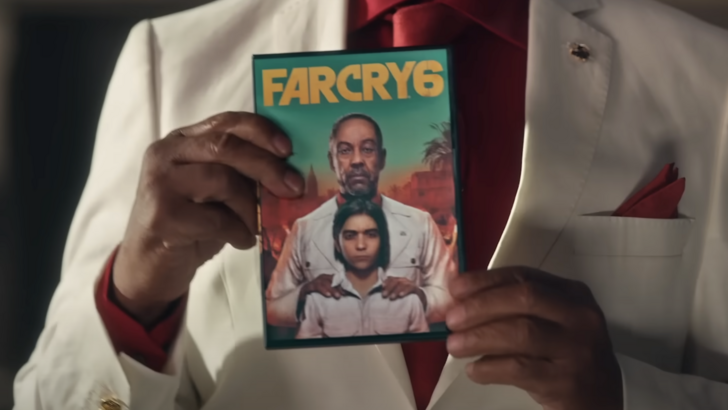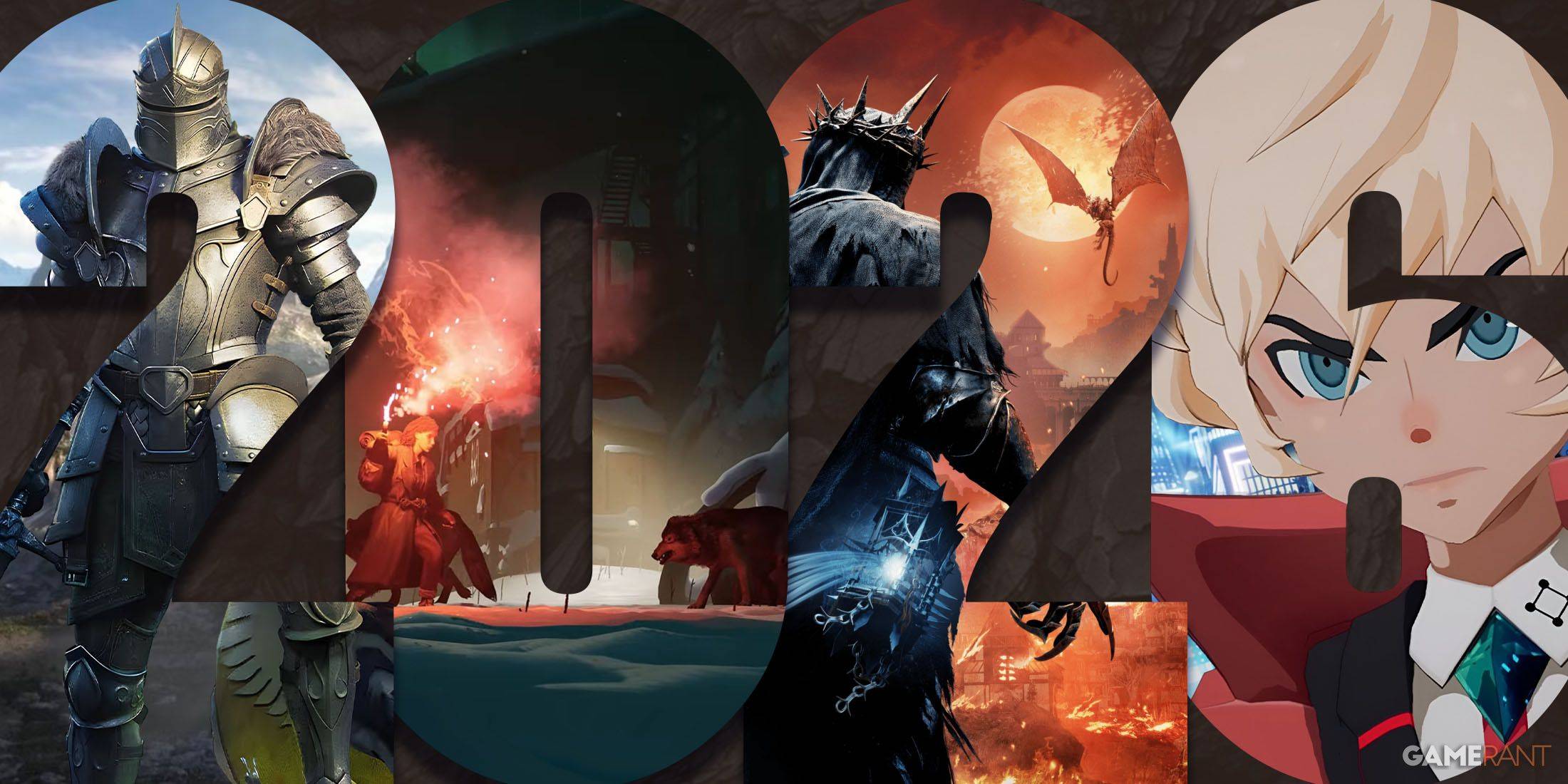Steam, Epic Conceal Ownership Truth

A new law passed in California now requires digital game stores, such as Steam, Epic, and others, to tell players if the game they paid for is something they actually own or not.
Law in California Has Been Passed to Let Players Know If Game Purchases Also Mean True OwnershipTakes in Effect Next Year

Recently, California Governor Gavin Newsom signed the AB 2426 law to further protect consumers and combat false and misleading advertising of digital goods. This law also covers video games and any digital application in conjunction with the use of said games. In the bill text, the protected "game" means "any application or game that a person accesses and manipulates using a specialized electronic gaming device, computer, mobile device, tablet, or other device with a display screen, including any add-ons or additional content for that application or game."
In line with this, the law requires digital storefronts to use clear and conspicuous text and language in its provisions of the sales, such as a "larger type than the surrounding text, or in contrasting type, font, or color to the surrounding text of the same size, or set off from the surrounding text of the same size by symbols or other marks," to provide consumers with the necessary information.

Additionally, it prohibits a seller from advertising or selling digital products that would purport "unrestricted ownership" of the digital good. "As we move toward an increasingly digital-only marketplace, it is crucial that consumers clearly know and understand the nature of their transactions," the legislators wrote in the bill comment in relation to the importance of informing consumers. "This includes the reality that they may not have genuine ownership of their purchase. Unless the digital good has been offered for download so it can be viewed without a connection to the internet, the seller can remove access from the consumer at any point in time."

The California law comes into effect next year, and will additionally prohibit online stores from using certain terms that may suggest unrestricted ownership of the digital goods, such as terms like "buy" or "purchase," unless customers are clearly and explicitly informed that the "purchase" does not mean unrestricted access or ownership of the digital product.
"As retailers continue to pivot away from selling physical media, the need for consumer protections on the purchase of digital media has become increasingly more important," California Assembly member Jacqui Irwin said in a statement. "I thank the Governor for signing AB 2426, ensuring the false and deceptive advertising from sellers of digital media incorrectly telling consumers they own their purchases becomes a thing of the past."
Provisions on Subscription-Based Services Still Murky

In recent years, a number of gaming corporations, such as Sony and Ubisoft, have taken some of their games entirely offline, making them unavailable to players, who, to partake in such games, have made exchanges with said corporations. This has led to discussions and raised eyebrows among the gaming community regarding their rights as consumers who have shelled out money for said video games. One such instance was back in April when Ubisoft took the racing game series The Crew completely offline, subsequently after delisting the game. "Licensing constraints" were one of the reasons cited by Ubisoft for The Crew's shutdown, eventually leading players to lose access to the game. Often, this would happen without prior warning from gaming corporations.
However, the newly passed law does not make mention of subscription-based services, such as Game Pass, or services from gaming corporations that let players "rent" digital products, nor does it have specifics on offline copies of games—so things are still murky in that regard.
Earlier in January, A Ubisoft executive remarked that players should be "comfortable" with not owning games anymore, in the technical sense, in response to the rise of subscription-based models in gaming Speaking to discuss the launch of Ubisoft’s new subscription offerings, Philippe Tremblay, the corporation's director of subscriptions, explained to Games Industry. biz that there needs to be a shift that leans towards subscription-based offerings as more players grow accustomed to it.

In addition to his comments, Assemblymember Jacqui Irwin further said that the new law is aimed at aiding consumers in having a fuller understanding of what they are paying for. "When a consumer purchases an online digital product like a movie or TV show, they receive the ability to view the media at their leisure. Oftentimes, the consumer believes that their purchase has given them permanent ownership of that digital product, similar to how the purchase of movie on a physical disc or a paperback book provides access in perpetuity," Irwin said. "In reality though, the consumer has only purchased a license, which, according to the seller's terms and conditions, the seller can revoke at any point."






















![Salvation in Nightmare [v0.4.4]](https://imgs.21qcq.com/uploads/36/1719555347667e551321c26.jpg)




